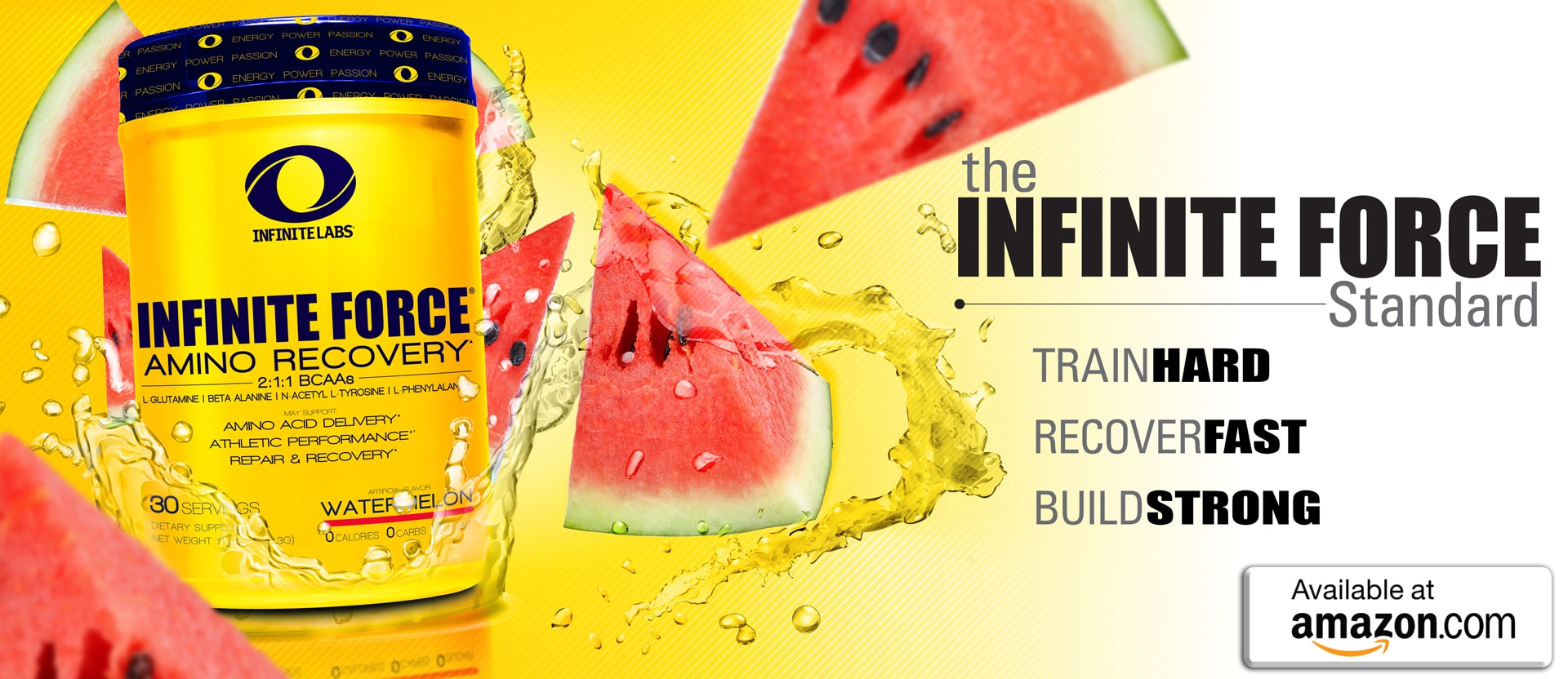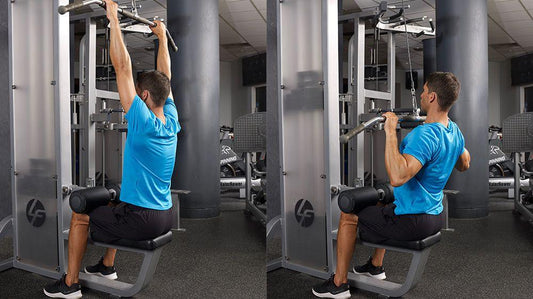

Ultimate Guide to Muscle Recuperation
Table of Contents
| HMB Boosts Strength and Performance in Elite Athletes |
by: Robbie Durand
β-Hydroxy-β-methylbutyrate (HMB) is a metabolic derivative of the amino acid leucine. HMB is known to increase muscle protein synthesis through mTOR signaling pathways while concurrently reduce catabolism. Studies utilizing HMB supplementation in trained populations are limited. Under normal conditions, ~5% of leucine consumed is converted in the body to HMB. Overall, the preliminary results suggest that supplementation of HMB with 1.5 to 3 g·day-1 of can increase fat-free mass and strength in a resistance-training program. It can be found in nature, but it is difficult and impractical to get on a regular basis, for example, 3 grams per day . Therefore, supplementation may be beneficial for strength training practitioners or those under extreme muscular stress who want to improved athletic performance. If you look at the research, there is a staggering amount of research to support the validity of HMB for increasing lean muscle mass and improving performance:
– Vukovich et al. reported that 8 wks of supplementation with HMB-Ca (3 g·day-1) significantly increased lean body mass and promoted 1 RM strength increases in a group of elderly men and women beginning a training program.
-Gallagher et al. analyzed the effects of HMB-Ca supplementation (3 and 6 g·day-1) for 8 wks of resistance training on a group of untrained men and noticed that there was a significant decrease in markers of muscle damage (i.e. creatine kinase) with an increase in lean body mass in the 3 g·day-1 group.
Ferreira et al. reported a significant increase in lean body mass and strength gain associated with resistance training in elite kayakers when supplemented with 3 g·day-1 HMB-Ca.
Ferreira, Heros Ribeiro, et al. “Effects of 12-Weeks of Supplementation with β-Hydroxy-β-Methylbutrate-Ca (HMB-Ca) on Athletic Performance.” Journal of Exercise Physiology 18.2 (2015).
Ferreira HF, Rodacki ALF, Gill P, Tanhoffer R, Fernandes Filho J, Fernandes LC. The effects of supplementation of β-hydroxy-β-methylbutyrate on inflammatory markers in high performance athletes. 2013;16(1):53-63.
Ferreira HF, Loures JP, Oliveira RMR, Gill P, Fernandes LC. Correlations between performance and 4-min maximum efforts in olympic kayaking athletes. 2014;17:34-41.
Vukovich M. The effect of dietary beta-hidroxy-beta-metylbutyrate (HMB) on strength gains and body composition changes in older adults. FASEB Journal. 1997;11:376-378.
Gallagher PM, Carrithers JA, Godard MP, Schulze KE, Trappe SW. β-hydroxy-β-methylbutyrate: Supplementation during resistance-training. Med Sci Sports Exerc. 1999; 31:402-408.
MUSCLE MEDIA MAGAZINE FOR MEN
The premier source of training, nutrition, supplements, fat loss and health for men.


















